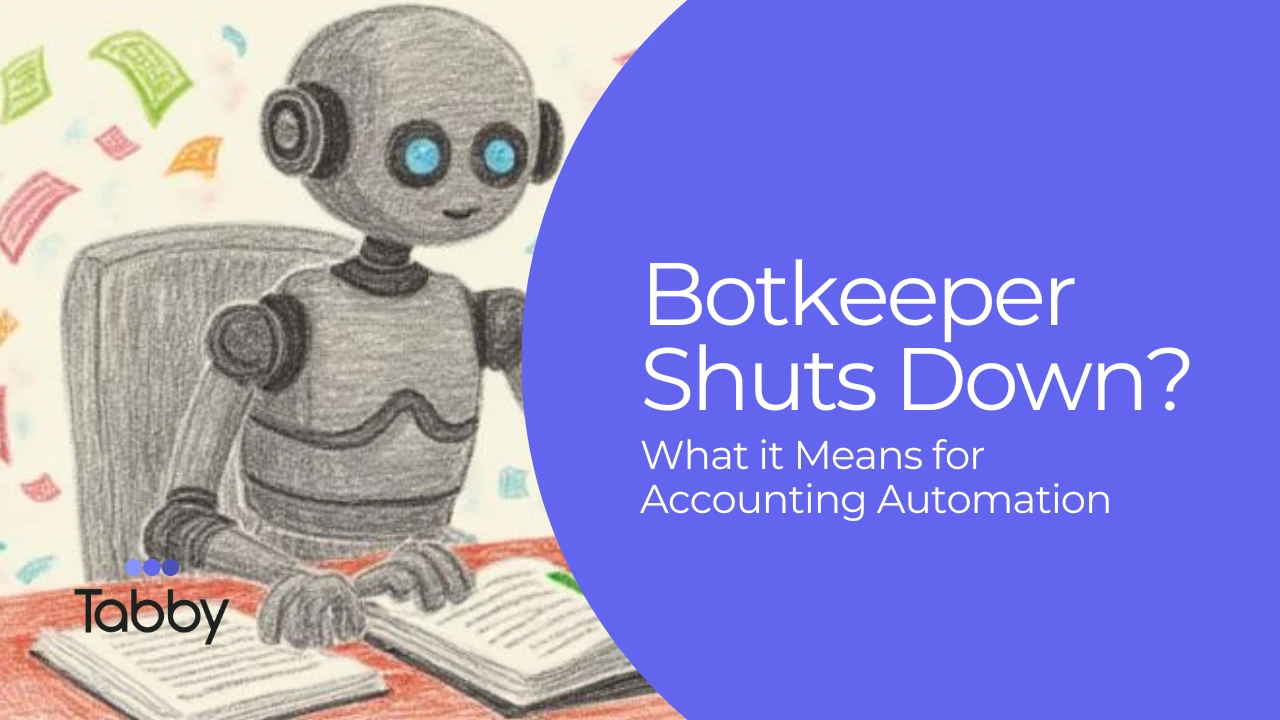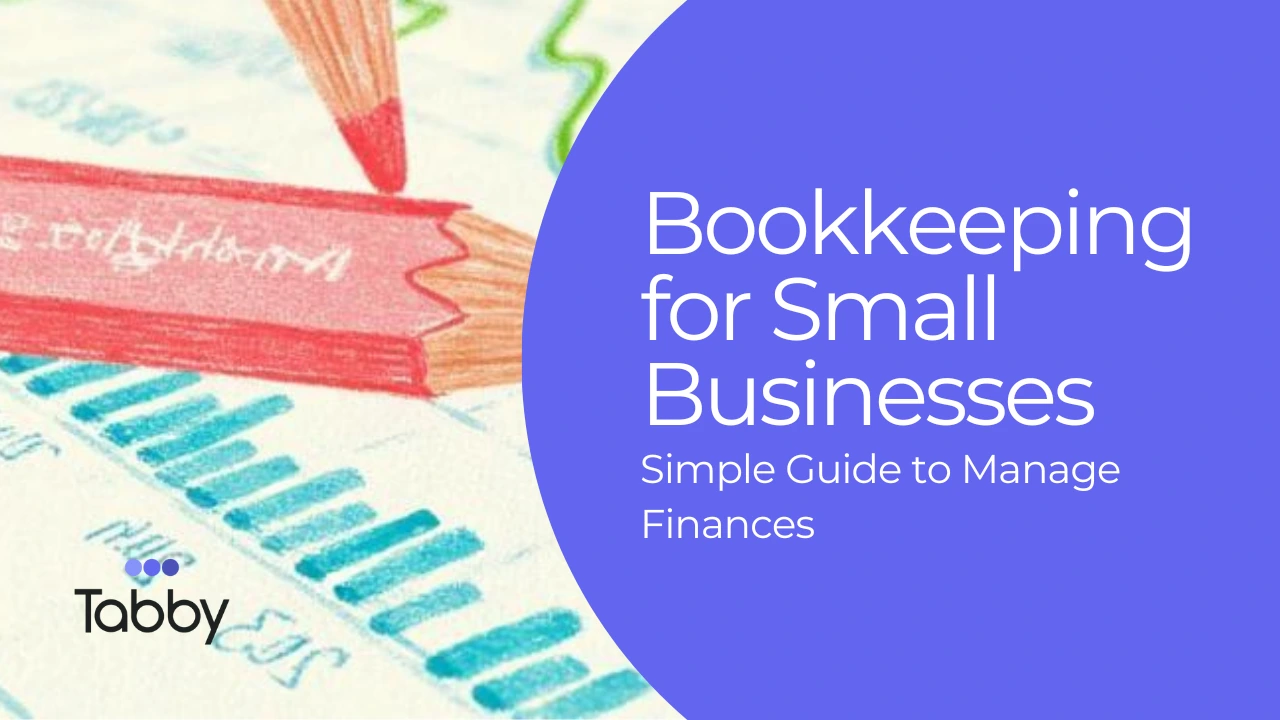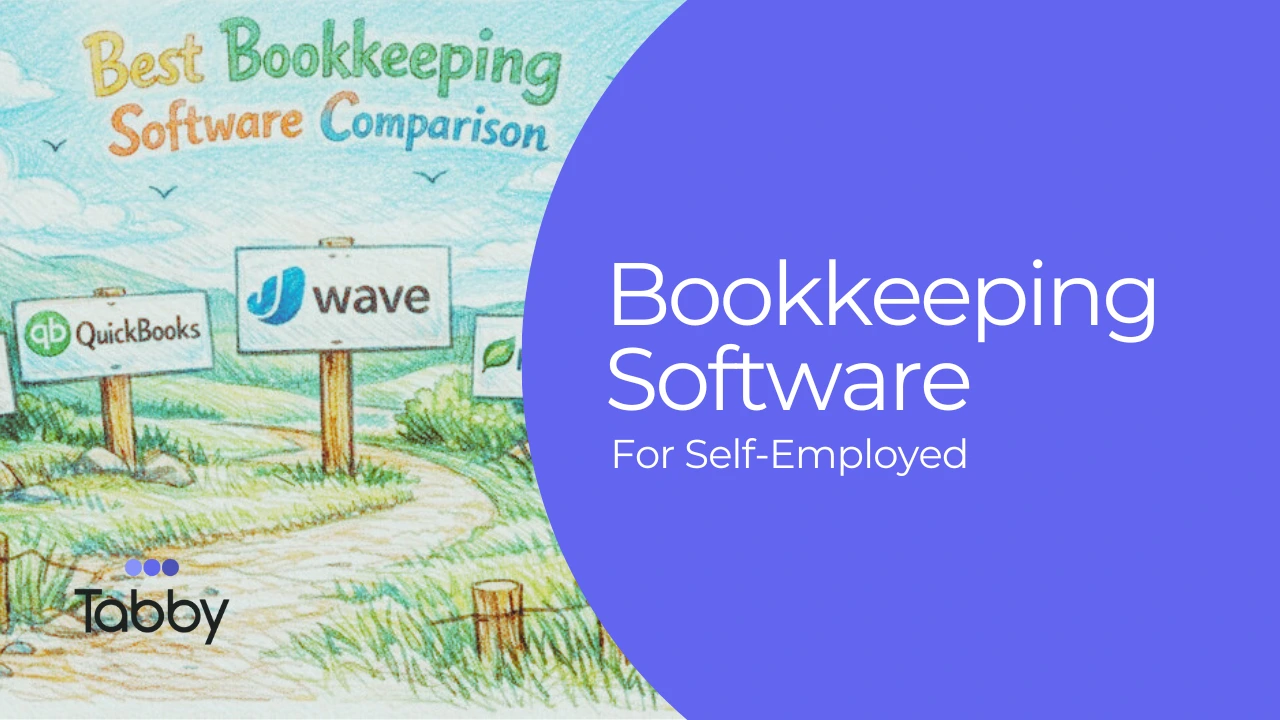Let’s be honest, tax season can feel like a storm cloud hovering over your head. Especially when you realize later that you could’ve saved hundreds (or even thousands) if only you’d known about certain deductions.
Yep, it happens to almost every small business owner or freelancer at some point. But not anymore. Let’s talk about the often-overlooked tax write-offs that can actually keep more money in your pocket.
Commonly Missed Business Write-Offs
1. Home Office Deduction
If you work from home, you may be eligible for a home office deduction. Your workspace must be used exclusively and regularly for business purposes to be qualified for it. You can calculate it in two ways:
- Simplified Method: Deduct $5 per square foot of your home office (up to 300 square feet).
- Actual Expense Method: Deduct a percentage of your rent/mortgage, utilities, insurance and other expenses based on the proportion of your home used for business.
2. Business Subscriptions and Memberships
Ever pay for a professional subscription and forget about it when filing taxes? Happens all the time.
Think:
- Trade journals and online magazines
- Webinars or online courses
- Membership fees for professional organizations
If it helps you do your job better, it’s likely deductible.
3. Retirement Contributions
Planning for the future can save you money today. Contributing to a retirement plan not only builds your safety net but also reduces your taxable income.
If you’re self-employed, you can look into:
- SEP-IRA
- Solo 401(k)
- SIMPLE IRA
Each of these comes with nice tax perks, so you’re basically paying yourself and saving money at the same time.
4. Health Insurance Premiums
If you’re self-employed and not covered by an employer plan, you can deduct health, dental, and even long-term care insurance premiums for yourself, your spouse, and your dependents.
Think of it as taking care of your health and your wallet.
5. Vehicle Expenses
Drive your car for business? Then don’t skip this one. You can deduct mileage or actual car expenses like:
- Gas
- Maintenance and repairs
- Insurance
- Depreciation
The IRS standard mileage rate for 2024 is 67 cents per mile. Those miles add up fast!
6. Business Meals and Entertainment
Grabbing coffee with a client? Hosting a lunch meeting? Those meals are 50% deductible, as long as they’re business-related.
So yes, that latte you bought while discussing your next deal actually counts.
7. Software and Technology
We all rely on digital tools these days, and many of them are tax-deductible.
You can include:
- Accounting software
- Project management tools
- CRM systems
- Cloud storage
Basically, if it keeps your business running smoothly online, it’s probably deductible.
8. Marketing and Advertising Costs
Getting the word out about your business isn’t just smart, it’s deductible.
Think:
- Website hosting and domain fees
- Social media ads
- Business cards or flyers
- Google or Facebook campaigns
Marketing is an investment, and the IRS sees it that way too.
9. Education and Training
If you’re improving your skills or staying updated in your field, you can deduct it.
That includes:
- Online courses
- Workshops and seminars
- Books and training materials
Learning never stops, and apparently, neither do tax savings.
10. Startup Costs
Starting fresh? You can deduct up to $5,000 in startup expenses, like:
- Legal or accounting fees
- Market research
- Business registration costs
So those early days of planning and setup actually work in your favor later.
11. Bad Debt
Sometimes clients don’t pay. It’s frustrating, yes, but it’s also deductible. If you’ve loaned money for business purposes or issued an unpaid invoice, you can record it as a business loss.
12. Bank and Payment Processing Fees
Those little fees from Stripe, PayPal, or your business bank might seem small individually, but together, they add up. The good news? They’re fully deductible.
Don’t forget wire transfer fees or monthly banking costs, either.
13. Utilities and Internet
If you rent an office, your electricity, internet, and water bills are deductible. If you work from home, you can still deduct a percentage of those costs based on business use.
Simple and fair.
14. Legal and Professional Fees
Any money you spend on accountants, lawyers, or tax professionals for business purposes? 100% deductible. That means getting expert help not only saves you from mistakes, but it literally pays off.
Most small business owners miss at least a few of these deductions every year, and that’s money left on the table.
Keep your receipts, stay organized, and when in doubt, ask a professional. Or better yet, use an AI-powered bookkeeping tool like Tabby to automatically track, categorize, and prepare your financials for tax season.
It’s easier than it sounds. And trust me, your future self (and your wallet) will thank you.
Want to simplify tax processing? Use Tabby!



